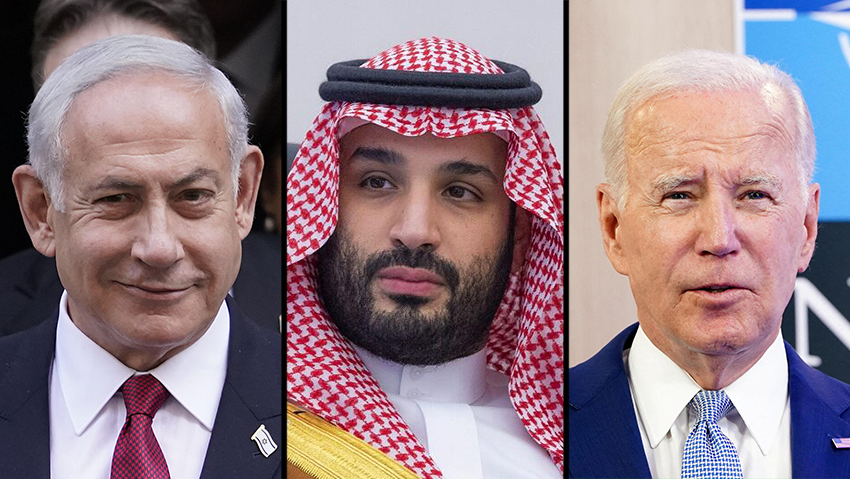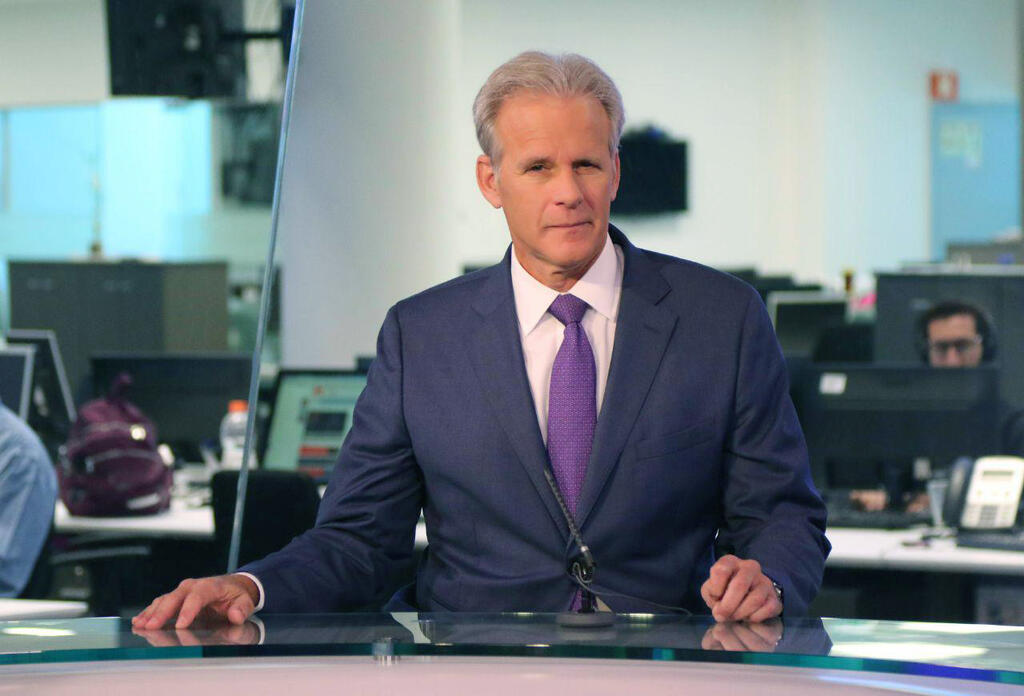What will the Jewish state look like in 25 years? Michael Oren
What will Israel look like on its 100th birthday? It’s a question not asked enough, according to Israel’s former Ambassador to the US, Michael Oren, during a recent interview on ILTV.
Read more:
Oren shared his trademark pragmatism during the wide-ranging interview that covered the judicial reforms crisis, Israel-Saudi negotiations and the challenges facing Israel’s relationship with Diaspora Jewry.
“We won’t be able to overcome any of [Israel’s] challenges until we understand them and face up to them,” he said. “Ignoring them is not going to make them go away.”
Oren cited his latest book, Israel 2048: The Rejuvenated State, which lays out his vision for the Jewish State, 25 years into the future. In fact, a meeting with Prime Minister Benjamin Netanyahu was the catalyst behind the book.
“It’s a book that originated in a conversation I had with the prime minister about five years ago, [where I said], ‘Listen, we never talk about the future,’ because we’re so bogged down in our current crises [and] we really don't think about tomorrow much less about 25 years',” recalled Oren.
In reference to the judicial reform crisis currently gripping the country, Oren remarked, “I wrote a chapter about the need to reform the judicial system… in a way that was very measured. The way judges are chosen, the scope of the Supreme Court, etc. Many of the issues that we're dealing with now but in a way that also preserved the checks on government. If we had addressed that issue three or four years ago in a serious way, maybe we wouldn’t be in the mess we're in right now.”
On Israel-Diaspora relations, Oren painted a far-from-rosy picture, noting the changing demographics in North American Jewry. “You have young liberal American Jews who feel particularly disenfranchised from Israel,” he lamented.
“They feel alienated from Israel. They don't understand the trends that are occurring here and quite frankly they're difficult to understand. We have to reach out and try to maintain open channels of dialogue to understand that Israel is not the United States of America. We live in a very different neighborhood, and we have to understand them and the situations they face.”
Oren shared his desire to continue his dialogue with American Jewry, noting that he will be speaking at Jewish National Fund-USA’s Global Conference for Israel at the end of November. “I'll be embarking on a number of trips for Jewish National Fund-USA and talking to Jewish communities in the United States and elsewhere about ways in which we can talk openly about the issues that divide us and how we can overcome them.”
On the topic of foreign affairs, Oren was asked about a potential Israel-Saudi normalization deal. With his trademark pragmatism, he suggested that there could be a link between the judicial reforms and achieving a lasting agreement with the Saudis.
“[You have] a unique confluence of interests here,” he said. “The president of the United States needs a diplomatic victory. He's entering a presidential race in 2024 where his numbers are not particularly good right now.
He has to bring the Saudis back into the American sphere of interest away from the Chinese and the Iranians. The Saudis want American arms [and] security guarantees vis-a-vis the Iranian threat. And the State of Israel would very much like peace with Saudi Arabia which would then open up the entire Sunni world. It's not just peace with Saudi Arabia, it's peace with Pakistan, Malaysia, Indonesia and vast markets could possibly open before us basically spelling the end of the Arab-Israeli Conflict.”
3 View gallery


Prime Minister Benjamin Netanyahu, Saudi Crown Prince Mohammed bin Salman and U.S. President Joe Biden
(Photo: Reuters, Kevin Lamarque, AP)
However, Oren was quick to add that speedbumps remained on the road to normalization.
“There’s one little hitch,” he said. “The Israeli government has to give a gesture toward the Palestinians, which under the current political configuration is very, very difficult.”
“I think that one of the reasons the government, and certainly the prime minister was so intent on passing this law which revised the ‘reasonableness clause’ that the Supreme Court had used to negate the candidacy of Aryeh Deri…was that the prime minister wants to bring [him] back into the cabinet.”
“Everyone’s very focused on his criminal background but he also has a diplomatic factor, and he's very moderate. He had supported the Oslo Accords back in the 1990s, so I think the prime minister wants Deri in the cabinet to counterbalance some of the very radical right-wingers in that government. I think he very much wants to give that gesture to the Saudis and [the normalization deal] will frankly be a game changer. I can't think historically of anything as big as this going back as far as the Egyptian Israeli peace of 1979. If we can make it happen, it would be amazing.”





